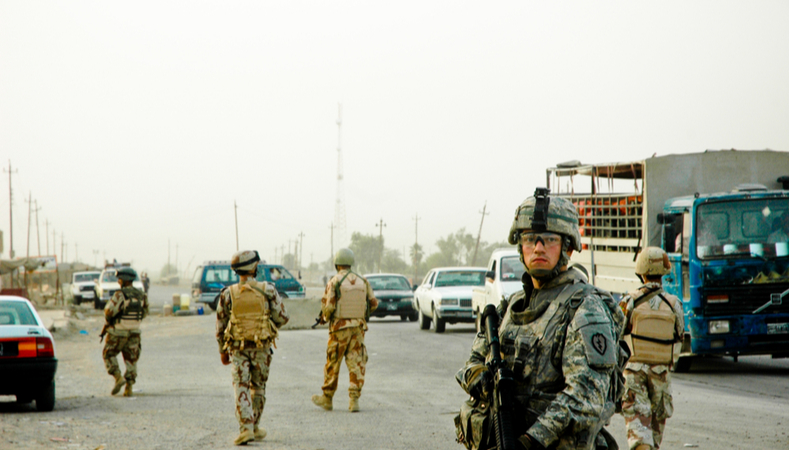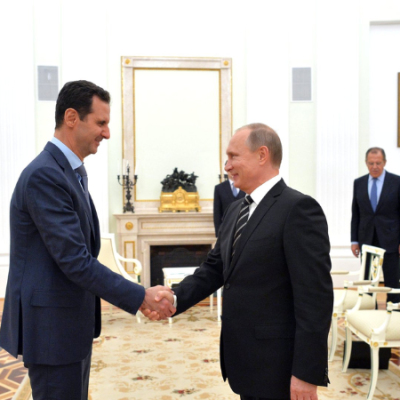NATO expands its training mission in Iraq from five hundred to four thousand soldiers

NATO expands the training mission in Iraq. The current contingent of five hundred men will gradually rise to four thousand. The purpose of the maneuver, says Jens Stoltenberg, is “to support Iraqi forces in the fight against terrorism and to ensure that ISIS does not return”. The secretary-general was concerned to stress that the decision is a response to the demands of the Iraqi government, and will be carried out in full agreement with Baghdad and with respect for “the sovereignty and territorial integrity of Iraq”.
Such a clarification would not have been necessary but reading between the lines we can understand the meaning. Reaffirming respect for Iraqi territorial integrity, NATO effectively sweeps away any doubts that remained in Baghdad and any hope in Erbil on any hypothesis of autonomy for Kurdistan. Internal Iraqi diatribes are of no interest, Stoltenberg suggests, and the military context is not the most suitable for discussing Kurdish aspirations.
But the mention of Iraqi “sovereignty” is the most significant. The Baghdad government reacted with great irritation to the violation of its prerogatives by the United States in January 2020 with the missile attack on the capital’s airport, in which Qassem Soleimani, the Iranian general who commanded the Quds Force, was killed. of operations across borders. In Stoltenberg’s hint, it seems to be able to grasp a reference to the fact that with a new US administration even NATO has changed, and therefore Baghdad can exclude new surprise blows that violate its sovereignty.
The reasons indicated by the secretary-general, namely the need to support the various Iraqi forces “by including more security institutions”, are only partially explained by the renewed activity of Isis cells in the north of the country. In reality, alongside the concern to keep the “dormant” jihadists in the Mosul and Kirkuk areas under control, confrontation with Iran is always pushing for the consolidation of the NATO mission.
The Islamic Republic is Iraq’s neighbour and it has very close ties with most Iraqi Shiites, the majority in the country. Iranian influence is strong and pervasive in all fields, from economics to politics, including the military, which includes Shiite paramilitaries under the label Hashd al Shaabi, popular mobilization forces, and religious, to the point that Shiite leaders rioting against Tehran must live under guard. For the Atlantic Alliance, the Iranian influence rebalancing also passes through assistance and military training.
Iraqi observers complain that the United States and Iran have chosen their country to confront each other, often even in a tough way. Even the last volley of rockets launched towards Kurdistan seems to be explainable only in the context of a Washington-Tehran duel. For this reason, the decisions of NATO, not very enthusiastic about following Trump’s “unilateral” United States, are a sign of realignment alongside the new US administration, in the name of greater involvement of allies.



